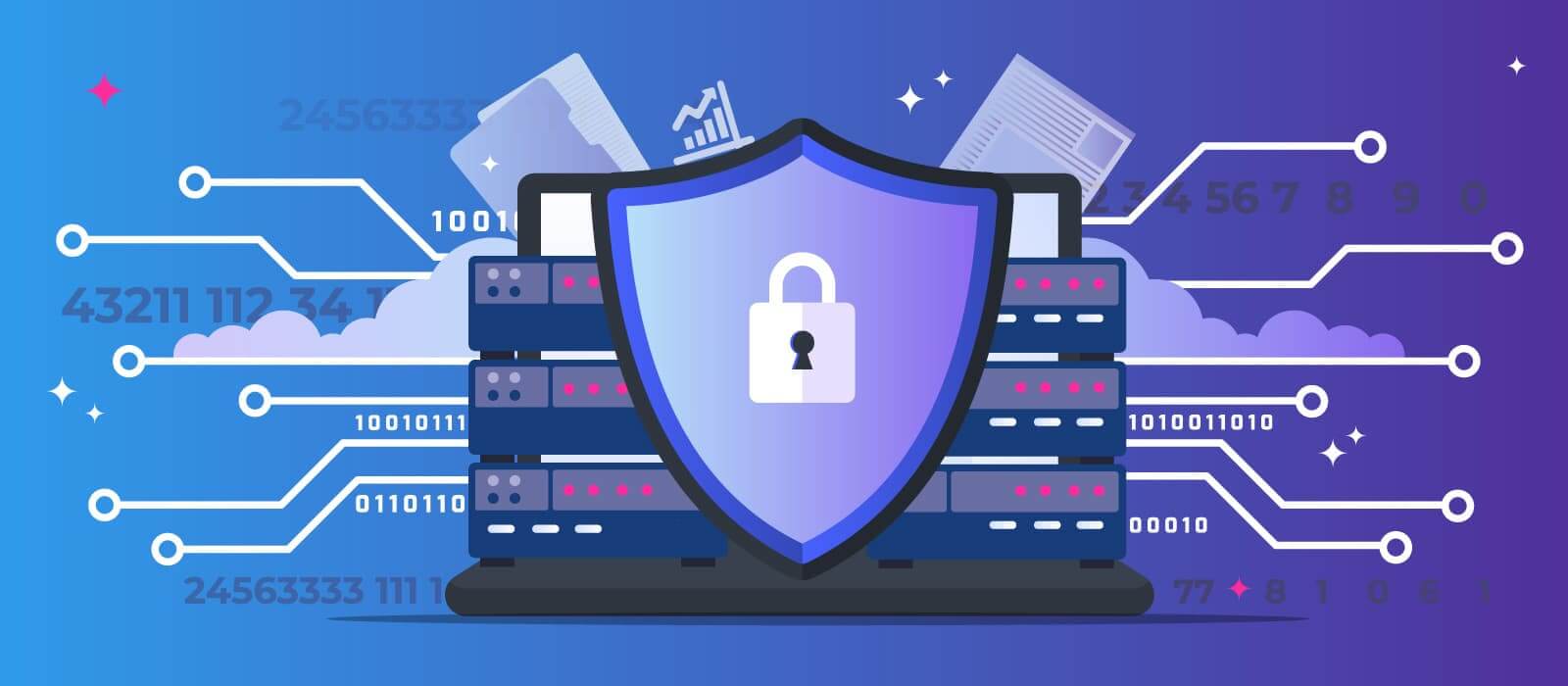What Is Blockchain Security?

Blockchain security helps manage cyberattacks and fraud risks on cryptocurrency blockchains for enterprises and governments. While blockchain security, a risk management system, uses cybersecurity frameworks for managing risks, networks are still vulnerable to hacking and cybercrimes. Knowing which network type will meet your organization’s goals is necessary to develop a secured blockchain application. Considering governance, permissions management, and security technologies are essential when building a secured network.
Blockchain Network Types
- Public
- Private
Blockchain security is a “risk management system using cybersecurity frameworks and protocols, such as smart contracts to reduce cybercrimes and fraudulent activities.” You can select a public or private blockchain network to meet your enterprise’s needs. Anyone can join a public network, whereas a private network only allows known members of an organization to join.
To join a private network, organizational members must have permission through an endorsement process for transactions verification. Members can access and maintain the distributed ledger, which requires more identity and access protocols. To access the private network a user needs a certificate as an identity. Usually, an entity or consortium has control over the membership.
Of the two network types, a private and permission network is preferable because of its strict compliance and regulatory controls. Public, non-permission networks require no permission for accessibility, with users remaining anonymous. A public network can achieve more substantial decentralization and distribution than a private network. Exchanges, such as OKX at https://www.okx.com/markets/prices, have a list of blockchains, including Bitcoin, which is public for anyone to use.
Blockchain Cybersecurity Issues
Since the development of blockchain networks, cyberattacks and fraud continue to be a priority for enterprises. Manipulating blockchain infrastructures was inevitable, with hackers stealing over $133.9 million in cryptocurrencies from three companies. Bitfinex, Bithumb, and Decentralized Autonomous Organization (DAO) were all hacked in recent years. Hackers were successful through code exploitation and stealing private keys and users’ data.
What to Consider When Securing Blockchain Security for Your Enterprise
You will need a complete security strategy comprising security technology stack layers and ways to manage governance and permission to your network. Your blockchain security strategy should include traditional security and technology controls. Blockchain solutions are data privacy, identity & access management, key management, secure communication, smart contract security, and endorsing transactions.
Advantages of Blockchain Security
- Reduced Cyberattacks and Fraud Risks
- Optional Public or Private Network
- Anonymous Identity
- Automated Smart Contracts
- Distributed Ledger for Transactions Transparency
- Audit Trial to Trace Transactions
Blockchain experts can design compliant and security solutions to help you achieve your business goals. When building a blockchain, seek a platform source that can integrate with the technology environment of your preference. It can be an on-premise solution or cloud-based.
You will need blockchain services and consulting to help design and activate a network. A network should address governance, company value, and technology requirements to ensure privacy, security, and trustworthiness. If you want to build a blockchain network specifically designed for your enterprise, seek professional help from an experienced expert. Blockchain security is advantageous for transparency of transactions, data privacy, endorsing smart contracts, and automated processing in real-time.





